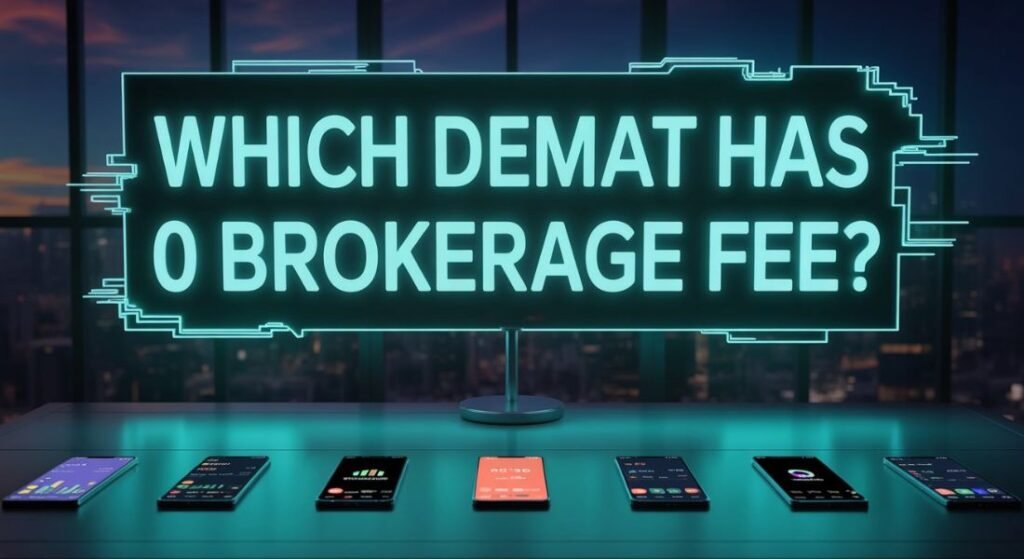Most investors today are moving from conventional platforms to cheaper options. In the dynamic world of stock broking, people never stop looking for platforms that have lower charges but good services. More and more trading websites and apps like Choice India have begun providing Demat accounts with brokerage fee on different transactions, and they have been appealing to newcomers and experienced traders.
- Learning the Zero Brokerage Concept: A zero brokerage platform implies no commission for particular types of trades. They might be delivery trades, equity intraday, or even derivatives based on the trading platform. Although this might sound incredibly appealing, it should be noted that “zero brokerage” doesn’t necessarily equate to being completely free of cost. Most platforms also maintain account maintenance charges or introduce incidental charges in the form of transaction fees.
- Why Brokers Offer Zero Brokerage: Certain neo-brokers implement a zero brokerage strategy as a marketing strategy to build users rapidly. They usually generate revenue by offering premium features, value-added services, or advertisements. By eliminating the conventional brokerage charges, they bring down the entry threshold for fresh investors. It makes it possible for users to feel the waters of investing without a fear of losing money to excessive charges, and such trust can convert into long-term loyalty of the platform.
- Who Benefits the Most from Zero Brokerage: Small traders, college students, and novice investors are the largest recipients of zero brokerage models. These individuals often do not trade often or in large volumes, so high-fee traditional brokers are not an option. A platform that takes away these fees provides such individuals with the ability to trade and learn without the burden of money. Even professional traders utilize such platforms to make high-volume or day trades in order to save huge amounts on commissions.
- Zero Brokerage Does Not Always Equal Risk-Free: Although zero brokerage is an enticing promise, there are some possible downsides to it. There may be an attempt by some of these platforms to cut costs on customer support or the quality of the user interface. Very occasionally, excessive cost-cutting can result in platform instability or a bad user experience. Hence, the user should not decide to use a platform based solely on its cost advantage but also based on the reliability, security, and feedback provided by others.
- The Emergence of Discount Broking Sites: Discount broking websites have changed the way trades are executed. They commonly operate on automated platforms and provide services through only online modes, minimizing the role of humans. Therefore, they save enormous amounts of operational costs and transfer these benefits to customers in the form of zero brokerage. It is not merely a trend but a new benchmark being established in the business, replacing traditional full-service brokers over a period of time.
- Regulatory Approach towards Zero Brokerage Deals: The regulator of the stock market does not prevent brokers from providing zero brokerage. But all the platforms have to abide by the norms established by the regulatory authorities like SEBI. This implies that even if a platform states it provides zero brokerage, it cannot avoid reporting standards, KYC protocols, or audit trails. Regulation keeps even zero-fee platforms in line with the law, providing some level of comfort to users regarding their financial security.
Conclusion Opting for a zero brokerage platform like Choice India is an intelligent decision for those wanting to lower trading charges, particularly new investors. Although the idea sounds good, one has to analyze the service level, usage terms, and support mechanism to proceed further. A balance between cost-reduction and reliability should help make the decision. With the advent of free demat account apps in the modern digital age, entry into stock markets has become available to all, and investing is no longer a sport played by the rich alone.


